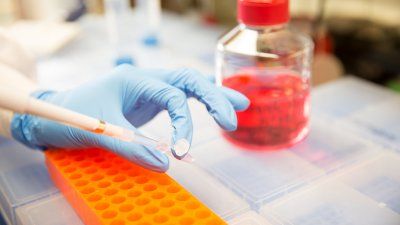Key Psychiatric Drug Target Comes Into Focus
Researchers at UC San Francisco, the University of North Carolina-Chapel Hill, and Stanford University report a major step toward designing more powerful psychiatric drugs with fewer side effects.
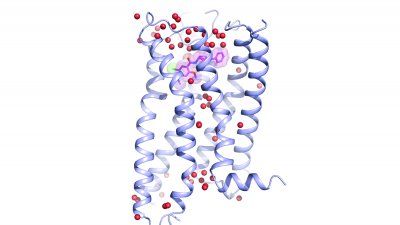
University of California San Francisco
Give to UCSFResearchers at UC San Francisco, the University of North Carolina-Chapel Hill, and Stanford University report a major step toward designing more powerful psychiatric drugs with fewer side effects.

In the first study looking at cessation of alcohol consumption and atrial fibrillation risk, UCSF researchers have shown that the longer people abstain from drinking alcohol, the lower their risk of AF.

Encellin obtained exclusive rights from UCSF for a proprietary cell encapsulation technology aimed at improving physicians’ ability to perform cell transplants without the need for immunosuppressive drugs.
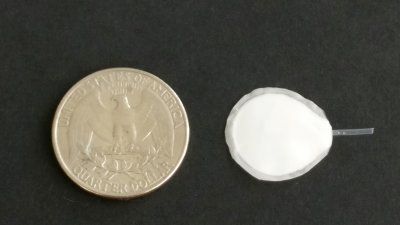
An FDA warning against a tool used to break up fibroid tissue during laparoscopic surgeries has led to a shift toward more invasive surgeries for hysterectomies for women with uterine fibroids.

A new UC San Francisco–led study shows that failure to follow this basic principle of population science can profoundly skew the results of brain imaging studies.
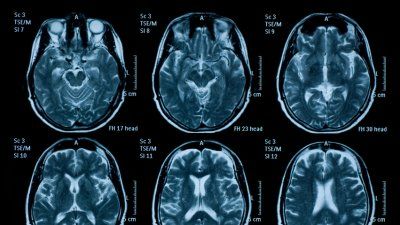
UCSF scientists have successfully completed a Phase II clinical trial showing that an FDA-approved antihistamine restores nervous system function in patients with chronic MS.

Study shows, over the course of 19 years, the hard core group smoked progressively fewer cigarettes per day and tried to quit in increasingly greater numbers, along with every other group of smokers in the US.

UCSF researcher Saul Kato is using a new high-resolution whole-brain imaging technique to see how the entire nervous system of a worm works together to generate behavior.
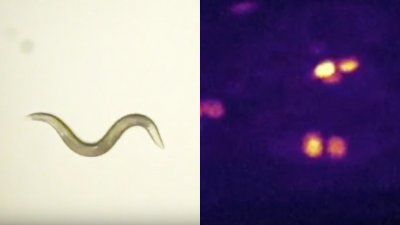
U.S. hospitals are making slow progress in ensuring that their providers have access to and use patients’ complete electronic health records when those patients have also received care from outside providers.

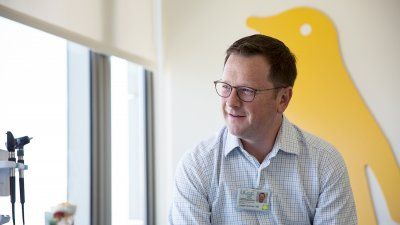
UCSF researchers have discovered that two molecular partners interact at synapses to maintain stable neuronal function.

Newly developed microscopy techniques have allowed UC San Francisco researchers to observe white blood cells in action in unprecedented detail.
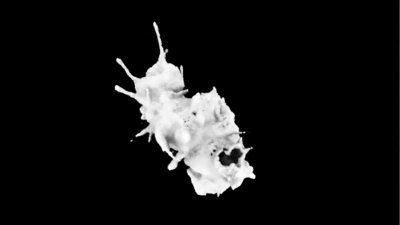
Sarah Engelberth won the second annual UCSF Postdoc Slam for her talk about research to generate a material that mimics natural enamel.
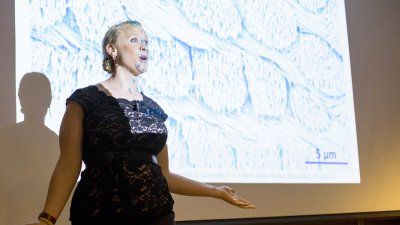
A new test that combines the effects of more than two dozen genetic variants, does a better job of predicting which cognitively normal older adults will go on to develop Alzheimer’s dementia than testing for APOE E4.
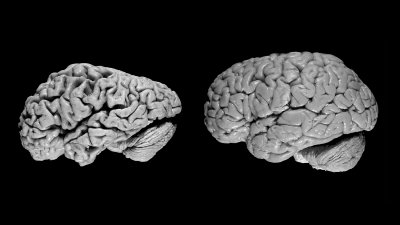
Ketogenic diets — that have long been known to benefit epilepsy and other neurological illnesses — may work by lowering inflammation in the brain, according to new research by UCSF scientists.

UCSF is part of a team that is surveying key stakeholders about their policies and experiences with California’s End of Life Option Act.
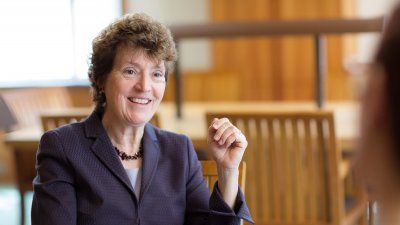
Protein engineers and neurobiologists at UCSF have teamed up to create a biological light saber — an engineered protein that can slay specific cells simply by exposing them to light.

Researchers at UCSF have identified specific gut microbes associated with MS in human patients, showing that these microbes take part in regulating immune responses in mouse models of the disease.

The University of California’s five academic cancer centers, have formed a consortium to better address California’s most pressing cancer-related problems and opportunities.
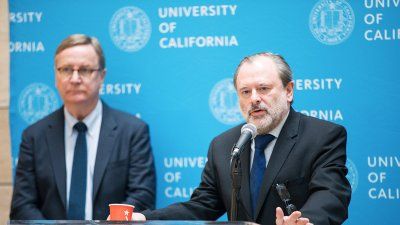
Women who receive a breast cancer diagnosis while they are still young enough to bear children can take time to freeze their eggs and embryos without fear of delaying their cancer treatment.

UCSF researchers have identified a protein that links alcohol consumption with structural changes in one of the “reward centers” in the mouse brain.

Alcohol abuse, dental conditions and depression were among the top causes of avoidable emergency room visits nationally.
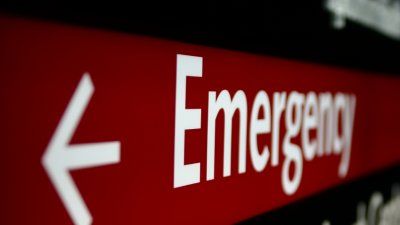
A UCSF study identified a cost-effective way to ensure that people with serious mental illness receive frequent cardiovascular screening: an evidence-based integrated care model that leverages technology.
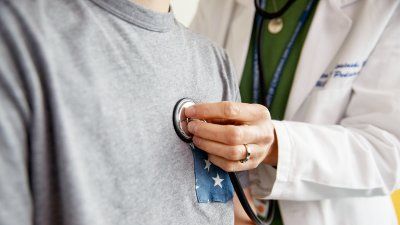
UCSF scientists have developed an imaging tool that could soon allow doctors to locate and visualize bacterial infections in the body.

Research team led by University of California scientists has used a modified version of the gene-editing technique CRISPR to find enhancers by prompting them into action.
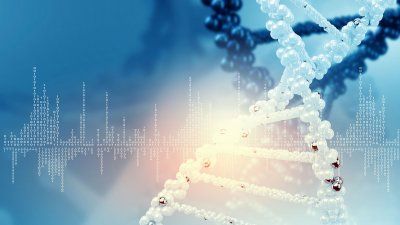
UCSF Benioff Children’s Hospitals will pioneer stem cell transplants for a uniquely challenging patient population: second-trimester fetuses stricken with a potentially fatal disease.
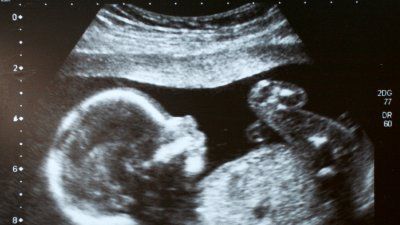
A team of UCSF researchers will receive $11.7 million over four years from the National Institutes of Health to launch a new Program in Prenatal and Pediatric Genomic Sequencing at UCSF.
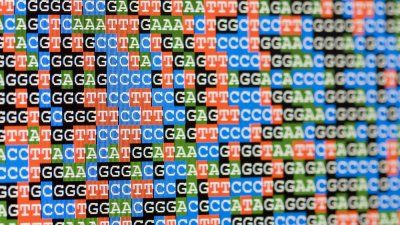
A new study by UCSF researchers raises a red flag against adding antibiotics when growing cells in labs, finding that it can induce unintentional genetic changes in the cells and distort test results.
